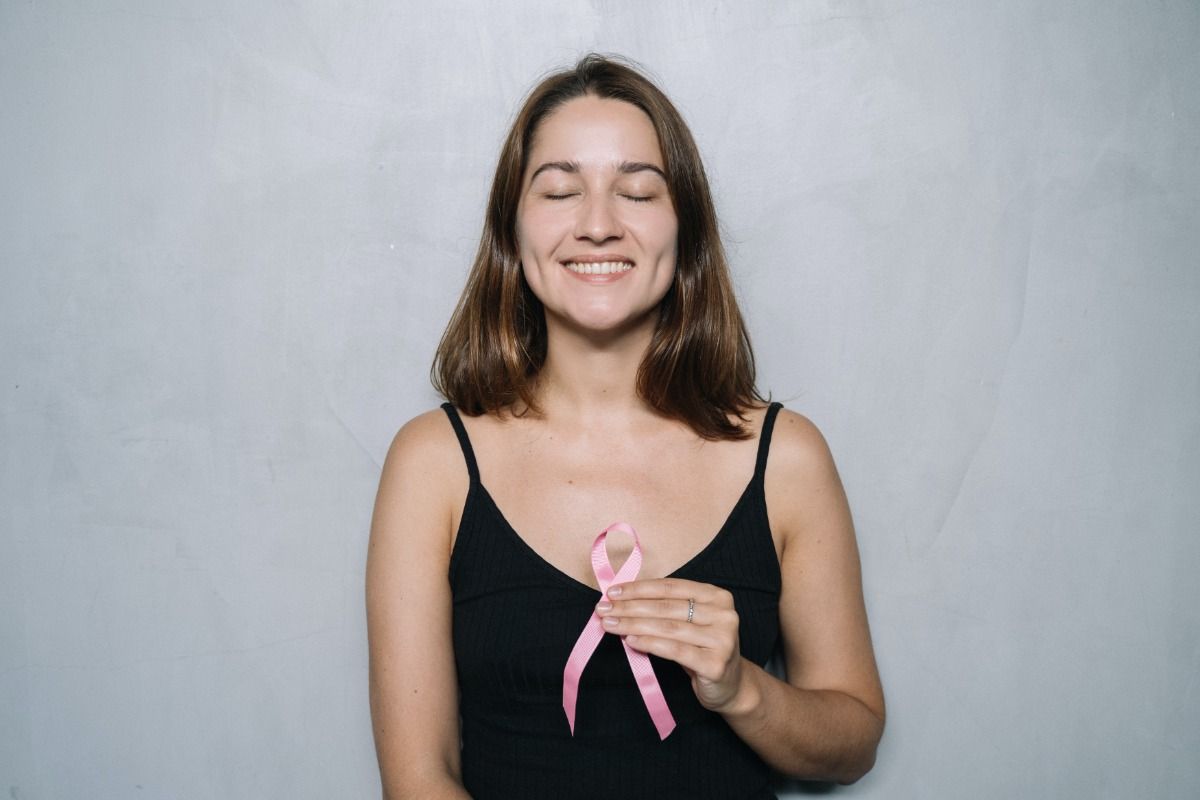
Being educated on how to prevent breast cancer is important because breast cancer is one of the most common forms of cancer in the world, and prevention is better than hoping for a cure. According to the Hong Kong Breast Cancer Foundation, approximately 12 women are diagnosed with breast cancer every single day.
The number of women diagnosed with breast cancer per day is a number that has unfortunately tripled in the last three years.
October is Breast Cancer Awareness Month, also known as ‘Pinktober’. It’s important to spread awareness about breast cancer, especially when it comes to how to prevent breast cancer.
Dr Senthil Sundaram, the Chief Clinical Officer at Prenetics recently spoke out on breast cancer, and how we can prevent it.
Dr Sundaram says, “Breast cancer is the most commonly diagnosed cancer in the world. In 2020, over 2.3 million people were diagnosed with breast cancer. There were more breast cancer cases than lung cancer cases. Breast cancer cases are steadily increasing, so let’s discuss how to prevent it. My first piece of advice would be to get genetic screening done because you might be genetically at a higher risk of developing breast cancer.”
